- Expert advice/
- Wedding planning 101/
- Wedding planning questions/
- How to Navigate Merging Cultures at an Asian American Wedding
- Wedding planning questions
How to Navigate Merging Cultures at an Asian American Wedding
Joining cultures in preparation for the big day is a very common experience among many Asian Americans planning their weddings. That's why these experts are sharing their best tips to make your day go as seamlessly as possible.
Last updated February 5, 2024
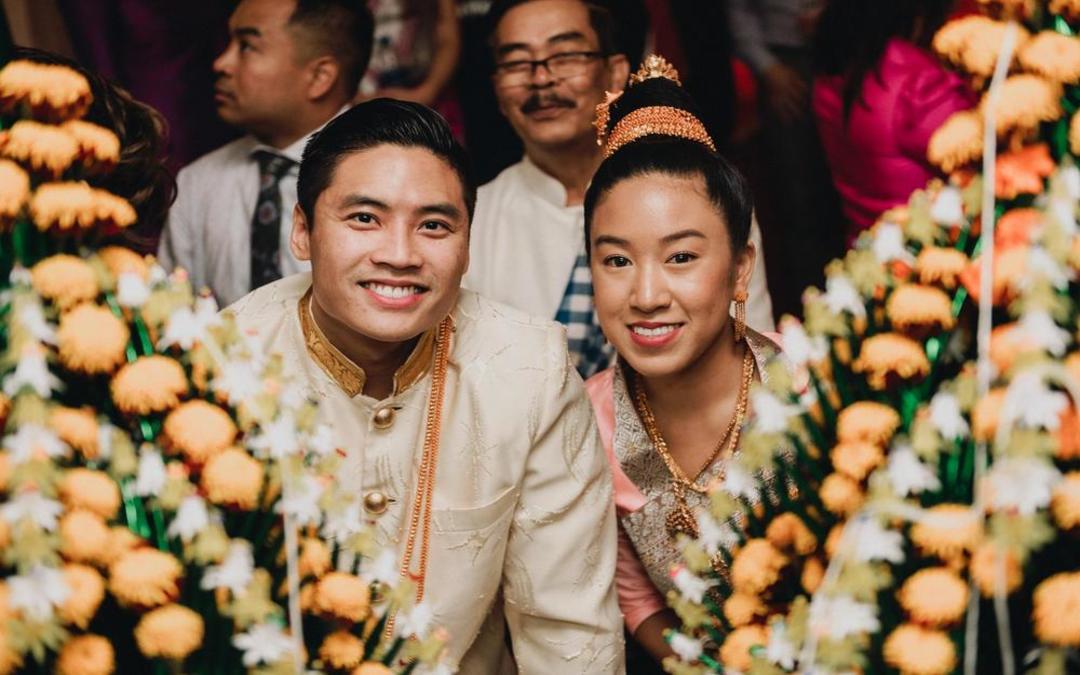
The First Look ✨
- Familial expectations can be the source of a lot of tension in Asian American weddings. Be clear on all sides about desires, expectations, and who has the ultimate decision-making ability.
- Determine out how traditional you want to be and what symbols and messages you want to convey. There are many ways to weave your culture into your wedding, from the decor and food to speeches or another ceremony.
- Find unexpected, personal ways to make cultural details your own—and remember to help your guests understand the meaning behind them.
Weddings often involve the joining together of different cultures—that can be true even within the same community (Chinese weddings are vastly different from Indian celebrations, for example) or involving immigrant families who may be less familiar with American traditions, not to mention in unions between people who come from different backgrounds, including regions, religions, or races. Delicately handling the joining of these cultures in preparation for the big day is a very common experience among many Asian Americans planning their weddings. There’s a lot to consider and prepare for to make your day go as seamlessly as possible. Here, experts share their best tips for navigating merging cultures at an Asian American wedding.
Family Matters
Clarify desires, decision making, and expectations.
Parents and immediate family members may have expectations of which traditions and cultural elements are incorporated, how they’re incorporated, and when, and differing expectations between a couple and their parents on that point can be the source of many problems. A simple conversation with parents can head off a lot of headaches down the line.
Part of that is being explicit who is empowered to make the decisions. “It's often the case that parents will have certain desires, and then you really have to be clear who's making the decisions,” says Lisa Tsubouchi, founder and principal of Bay Area event planners Sachi & Maja. The person paying the bill is often the one with decision making power—but not always. “If parents are making the decisions, the expectations will be set one way. If the couple is making the decisions, then the expectations have to be communicated to the parents so that there's not disappointment the month, week, or day of.”
New York City–based event planner Rose Ahn has worked with couples insisting they are the sole decision makers and then witnessed parents’ voices begin to seep into the discussion. She sometimes will talk directly with those parents to identify the root cause of a problem, which can be the first step to finding a workable solution. “Planning a wedding is stressful because of the financial burden, but there are a lot of emotional components to it as well,” she recognizes.
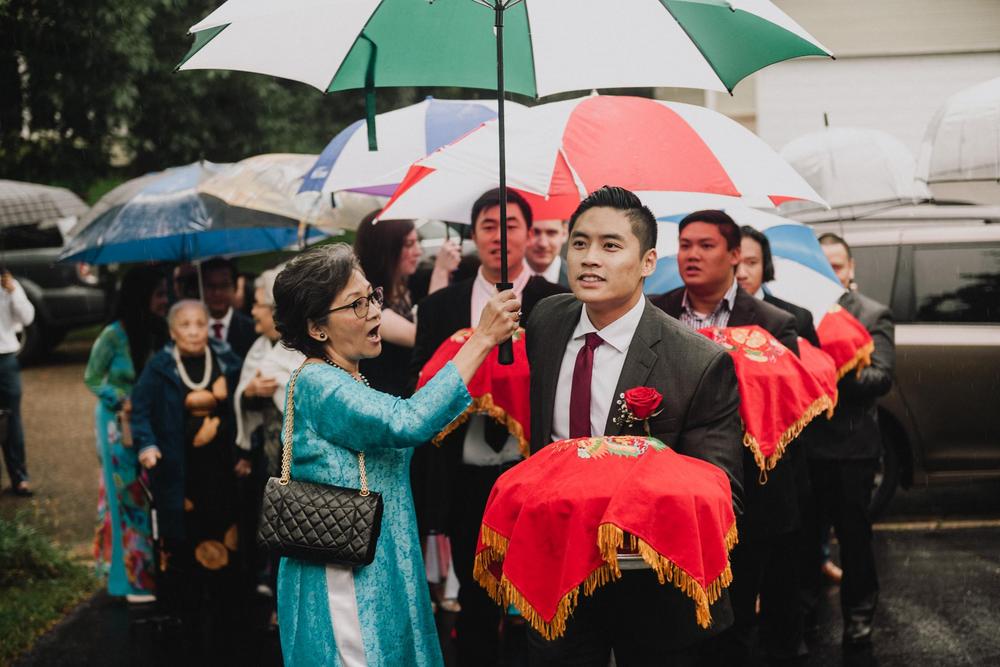
Communication is key to avoid surprises and disappointment.
A couple should communicate plans, desires, and expectations to key family members involved in the wedding—the clearer and earlier, the better. “I am a big a fan of clear, concise, efficient communication, both in wedding planning and life,” Tsubouchi says. “If things come as a surprise to a lot of family members on the day of, that can lead to a lot of tension and stress for both the couple and the family involved.”
That advice goes for couples of any background, she notes, “but when we're talking specifically about traditions and parents’, grandparents’, aunties’, uncles’ expectations on tradition, people have a tendency to feel hurt or not seen or understood. That's the kind of stuff that we're trying to avoid.” Respect for elders is paramount in Asian American and Asian cultures, and communication can go a long way toward conveying that respect.
Don’t make assumptions.
Every family is different, and there can be a range of feelings about upholding cultural wedding traditions. The best thing to do is simply ask: What do your parents expect? What are your aunties and uncles and grandparents expecting? (And their answers may surprise you.) Again, the earlier, the better: “Try and suss out the tender points before stuff starts getting a little more intense in terms of planning,” Tsubouchi says. Communicating with your partner about what’s important is also key: “You may or may not be familiar with or particularly knowledgeable about your partner's cultural traditions,” notes attorney James Blakemore, “but the only way to know what, if anything, from those traditions is actually important to your partner is by asking them.”
Draft a timeline.
Drawing up a simple, concise day-of timeline helps get everyone on the same page and is a concrete reference point to begin any discussions. For example, “the day before we're gonna do a tea ceremony, and on the day of we're gonna do the mandap,” Tsubouchi says. Sharing this general outline of what's happening when with couples’ families and extended families helps to manage expectations for the day of, and it’s also a place to start discussion if anyone has feedback.
Keep the party going with more wedding celebrations.
Sometimes more is more: More wedding events can be a way to negotiate all the various audiences you want to satisfy, if your budget allows for that. “Especially since COVID, we've seen a lot of couples do mini-monies and elopements and have smaller ceremonies with just parents and siblings, for example, and then larger parties where there's less formality,” Tsubouchi says. This can be a way to solve the issue of accommodating one side’s large (or demanding) family without alienating the other side.
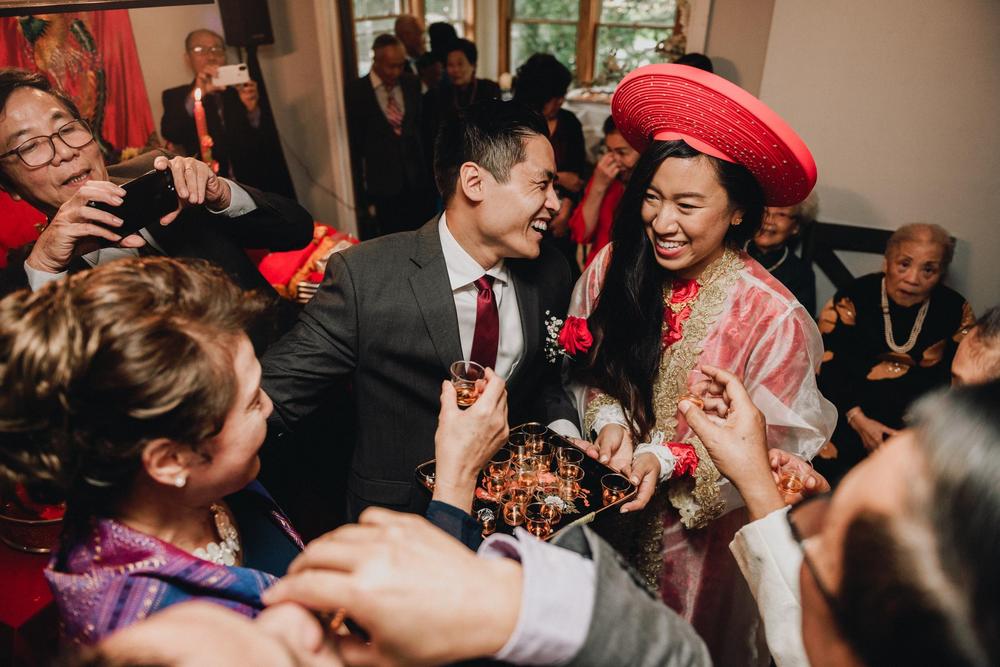
Stick to your comfort zone.
Be sure you're not doing something you're not comfortable with or that stands outside your values, says Genevieve Roja of Bay Area event planners Lily Spruce. Be careful of “having to please too many people, especially parents and grandparents, and ultimately being unhappy about kowtowing to what everyone else wants.” However, she adds “know that standing your ground could complicate parental relationships and family lines, so tread lightly, and with care.”
Injecting Your Culture into Your Wedding
It’s all in the details. Figure out how traditional you want to be and what symbols and messages you want to convey. If you don’t want to do a full traditional cultural ceremony, there are many small ways to weave your culture into your wedding (not to mention stand out from all the other cookie-cutter weddings). Incorporate cultural touches into the decor or favors, for example, or through the stories shared in the toasts or readings or in the officiant’s remarks.
“Some couples want to include pieces that showcase their cultural traditions, like a tea set at the ceremony site or symbols as decor—the symbols for double happiness, for example—or even particular floral arrangements,” says event planner Megumi Kaminaga Xavier. “And sometimes it would be mostly through cultural attire—a change of dress during the ceremony to reception or vice versa.”
Find ways to make cultural traditions your own.
For her own wedding, Kaminaga Xavier folded a thousand gold cranes and then had an artistic piece created out of them to display at the wedding. “The Japanese tradition says that folding 1000 paper cranes for a couple on their wedding day is wishing them 1000 years of happiness and prosperity,” she notes. “And since my husband is part Chinese, I had the image of the cranes turned into the character for double happiness.”
Instead of a rehearsal dinner, Julie Wang scheduled a version of the Chinese wedding tea ceremony during the day followed by a Chinese banquet in the evening. “It was a great icebreaker for the families and an intimate way to celebrate my Asian heritage before the wedding,” she says. Wang’s dessert options included egg tarts from Oakland Chinatown and a custom giant egg tart from Two Chicks in the Mix instead of a traditional wedding cake.
Attorneys James Blakemore and Connie Chang added Chinese songs to their dance-floor playlists. “One of my favorite memories of the wedding was seeing Connie's mom so surprised to hear ‘The Moon Represents My Heart’ come on and run over to Connie, singing and dancing,” Blakemore says. They also included Mandarin versions of a few well-known pop songs: “Our Asian relatives went nuts when they heard those—the biggest hit was ‘Despacito’ in Chinese!” Chang says.
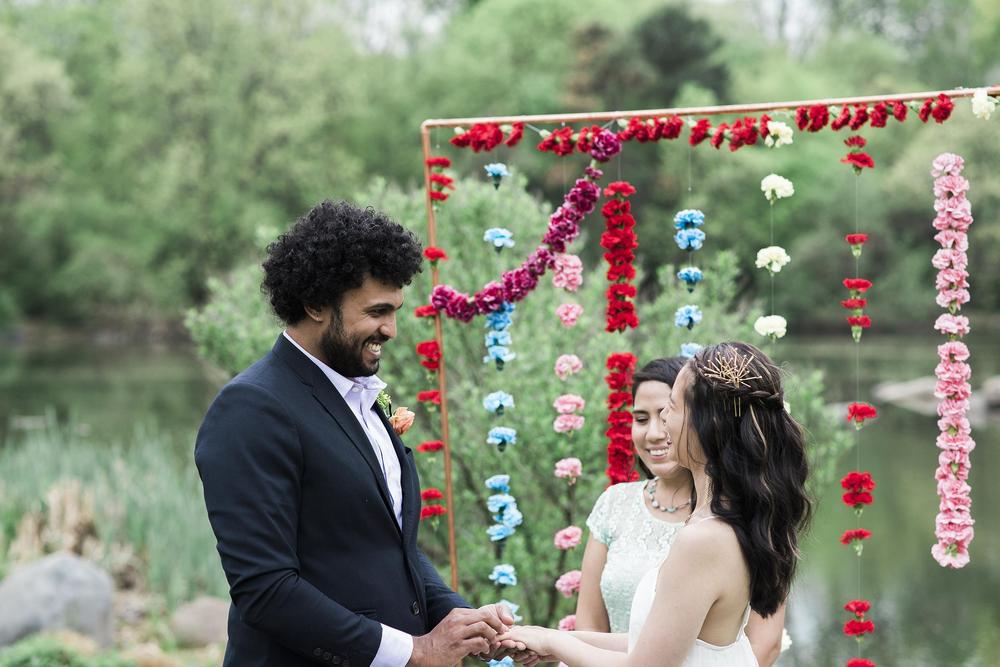
Help guests understand your traditions or cultural touches.
Explain cultural details to guests who may be less familiar with them. With a Chinese tea ceremony, for example, “how would you want them to understand what the significance of the tea ceremony is?” Ahn says. “What is happening, what's the symbolism behind it, and why did you want to incorporate it? You took the time to celebrate that tradition, so you want to be able to share the meaning behind what you’re doing.” It can be a detail that couples often overlook, Ahn notes, but a simple card, sign, or note in the program can improve guests’ understanding and enhance their experience. Some couples will also ask a friend or emcee to narrate for guests what’s happening before or during a cultural ceremony. “In doing that, everything has meaning and is presented in a special and respectful way,” Kaminaga Xavier notes.
Consider where and when to schedule a cultural ceremony on your big day. Take logistics into account when determining the location and timing of any cultural ceremony: Consider having it following the typical American ceremony, for example, or at the cocktail hour or reception; some may invite all guests to attend, while many still have family-only ceremonies to keep the focus of the tradition. It may also seem more appropriate to separate a cultural ceremony from a religious ceremony. And keep in mind whether you’ll have to change clothes and hair, how much space and time you’ll need, and what other items the ceremony entails, which might also influence where in the flow of the day it makes the most sense.
Food can be a delicious way to explore culture.
Roja is working with a Chinese and Korean couple who loves to eat. “We've discussed spiked boba drinks, baked goodies from San Francisco Chinatown establishments, and asking our caterer to lean more heavily into the Asian fusion for the sit-down dinner,” she noted. “Our caterer was full of ideas and we're so glad we asked them. You don't know what your caterer is capable of, or their past repertoire, so ask away!”
Do Your Research.
Spend some time looking up cultural wedding details you may not be familiar with so you don’t unintentionally offend or miss the mark. It can be difficult to find information on certain practices, so you may want to find a wedding planner who specializes in those. When it comes to flowers, for example, it’s good to know that the white flowers so often seen at American weddings are associated with death and funerals in Chinese culture—yet white roses bound with a colored ribbon or silk may be acceptable for the wedding bouquet. Red symbolizes happiness, so you may choose to include as many red flowers as possible, but the most popular flowers used at Chinese celebrations are orchids, since they represent love and fertility.
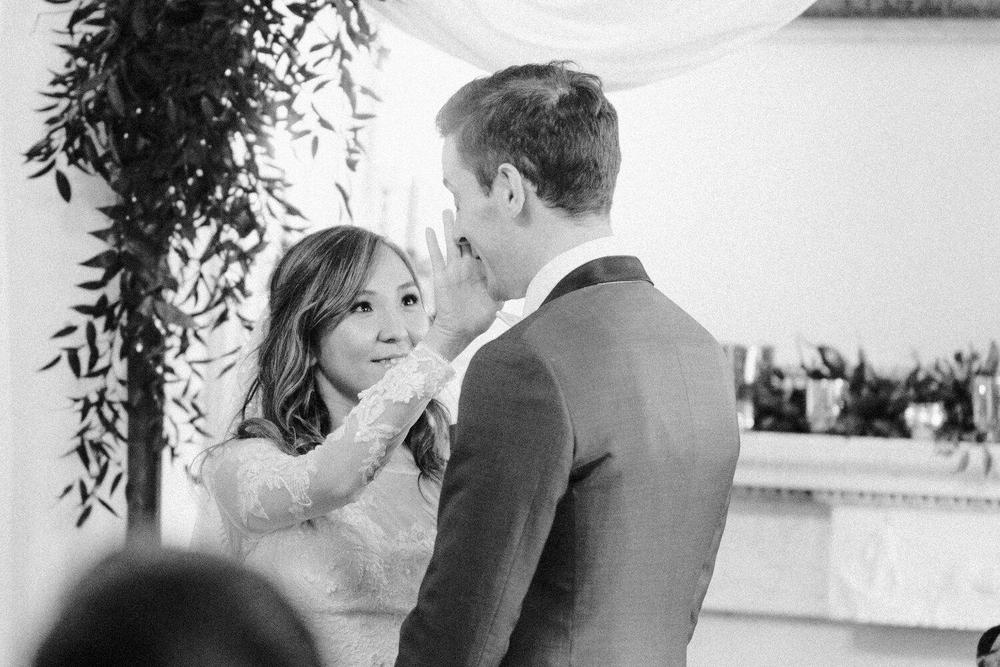
Know when to ask for help.
Thinking through all these issues is far from easy and frictionless, and sometimes it’s best to seek advice from a professional. Tan Ho had to figure out how to include a Vietnamese tea ceremony and a Korean paebaek in their celebrations, among other challenges: “We ended up going to a pre-marriage counselor to help us work out a lot of the stressful issues around wedding planning—for example, she wanted a small wedding but my family is huge. It was helpful for that counselor to set the ground rules of the negotiations. Ultimately, it’s about being fair and for both parties to feel like they’re heard.”
Ultimately, remember that your wedding should reflect you, your tastes and preferences, so don’t feel bound to a tradition if it just doesn’t feel like who you truly are. The most important thing is that any traditions or cultural detail—for any culture, even American-style weddings—should have a special, personal meaning to you. Consider carefully what means the most to you and how you want to demonstrate that at your ceremony—let that guide you, and you can’t go wrong.
Up next for you
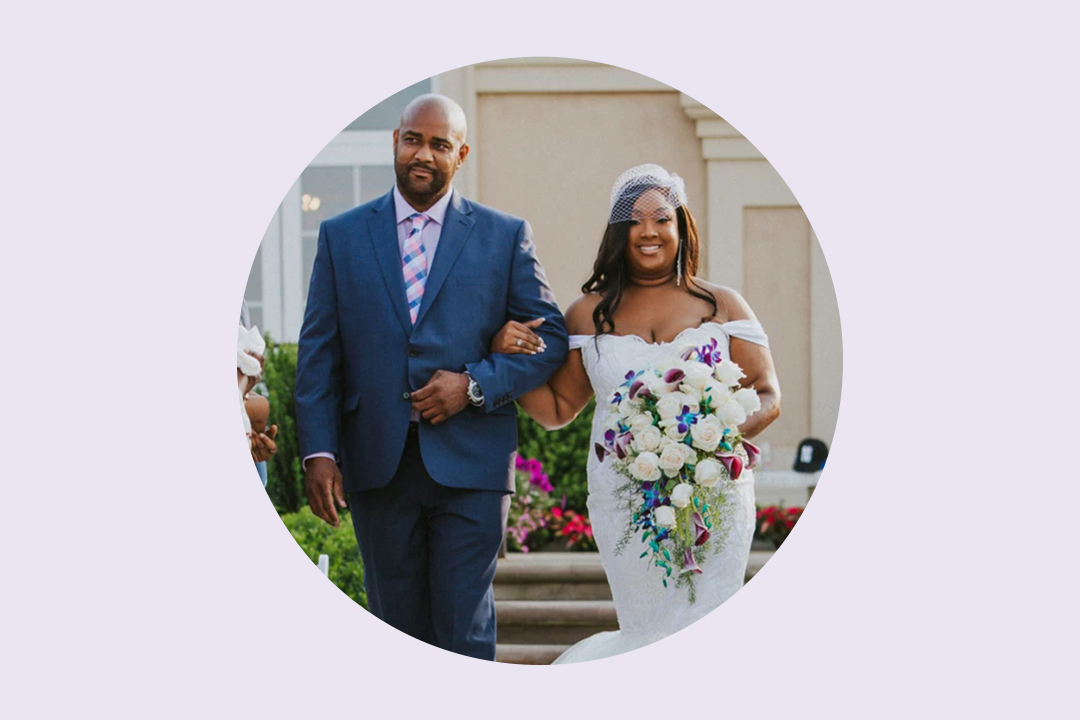
Who Should Walk Me Down the Aisle?
Advice
Deciding who should walk you down the aisle at your wedding ceremony isn't always obvious. Here are some helpful ways to choose who will join you for your procession.

42 Unique Wedding Traditions Around the World
List
More and more, couples are opting to include specific cultural traditions on their wedding day. Here’s a look at some wedding customs couples are incorporating into their bid day.
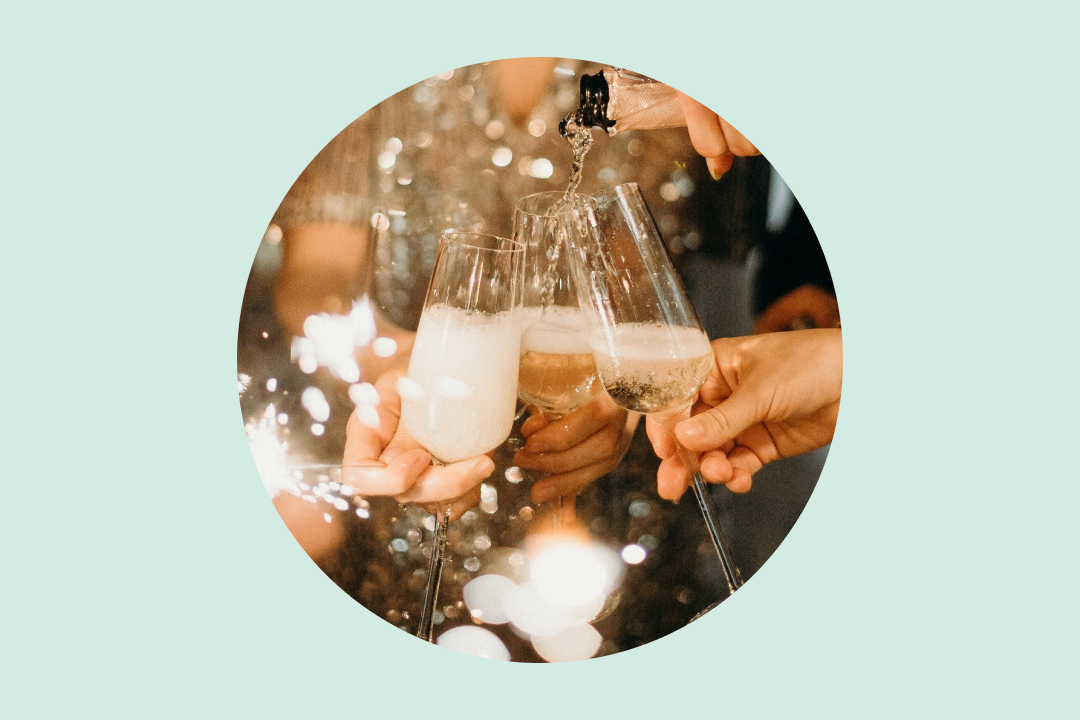
Guide to All Wedding Parties & Events
List
We created a guide to all the different pre-wedding, post-wedding, and wedding-related events so you can decide what you’ll include as part of your wedding.
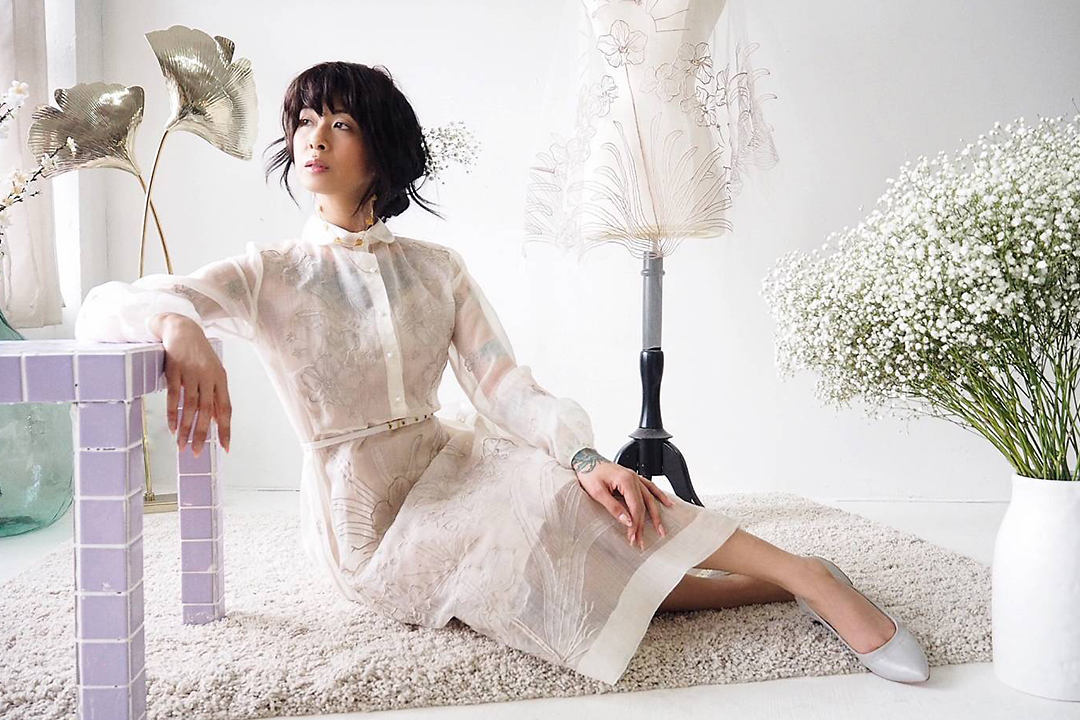
A Guide to Filipiniana Wedding Dresses + 3 Ideas to Get Inspired
How-To
Learn how to create your perfect Filipiniana look on your wedding day.
Featured
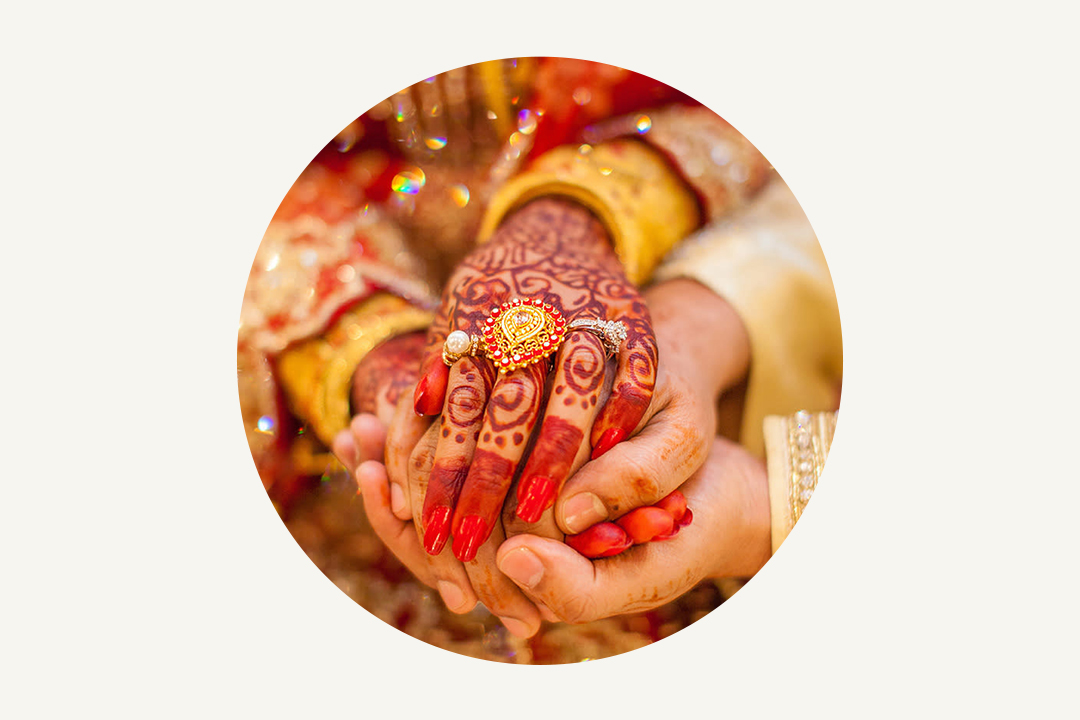
10 Traditional Wedding Gifts from Around the World
Inspiration
While the act of gift giving is universal, these 10 wedding gift traditions from around the world are unique to the countries that celebrate them. Click here to see the list.
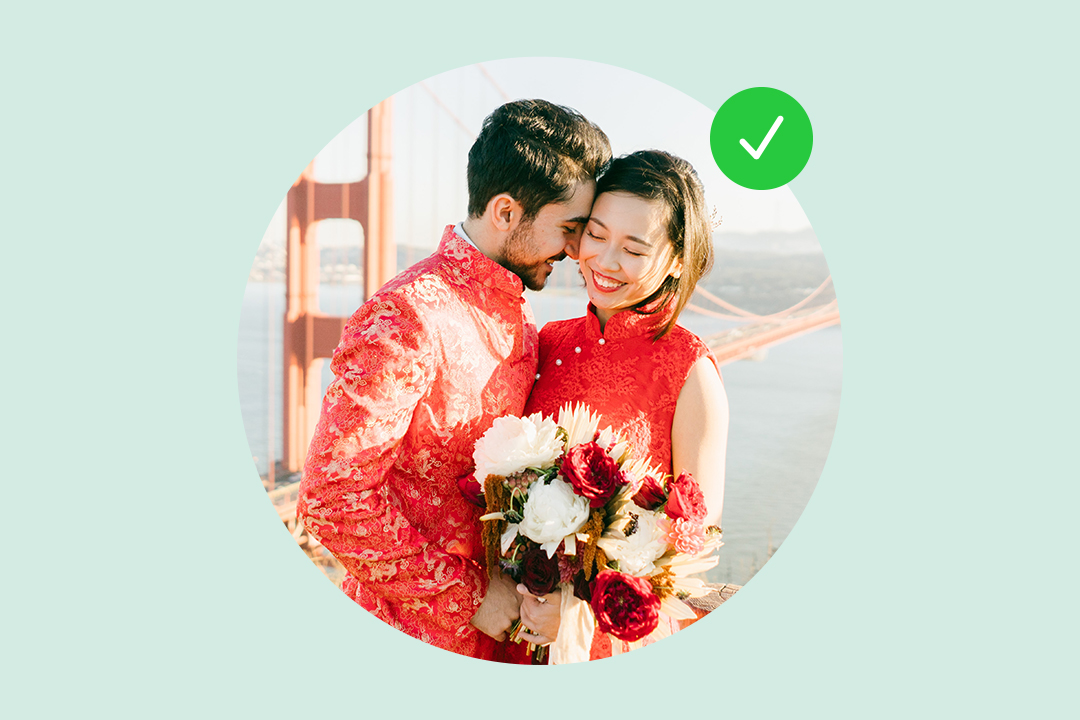
Chinese Wedding Checklist
How To
For everything you need to know about planning a Chinese wedding, we created this Chinese wedding checklist. Let’s make this ceremony one to remember.
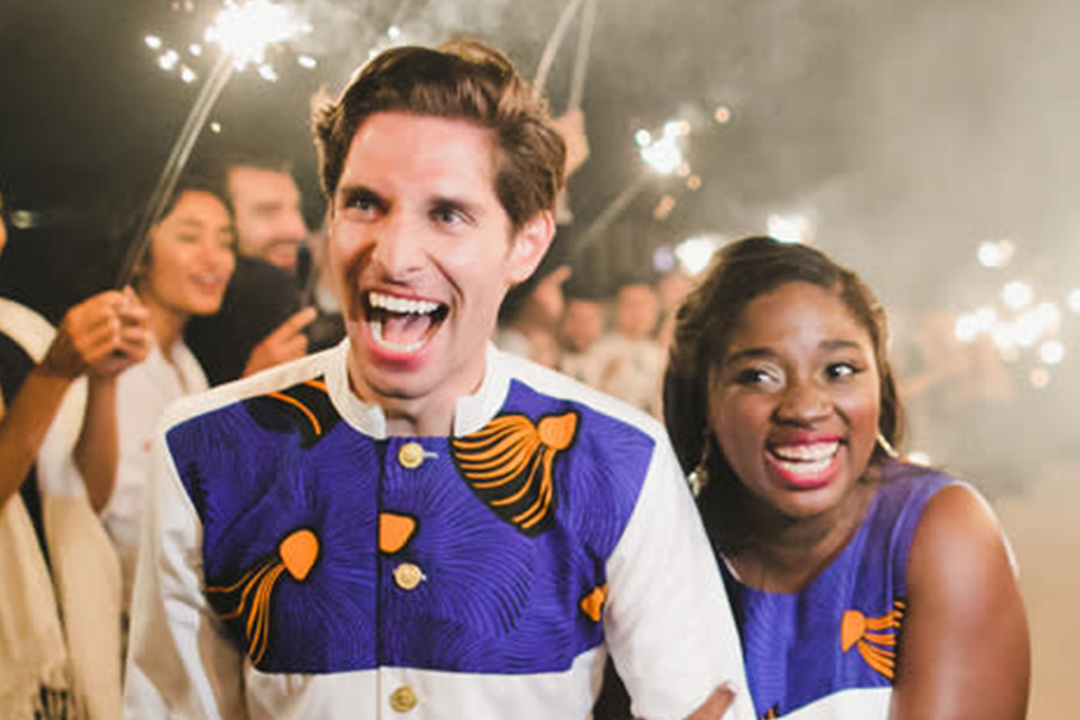
7 Tips for Merging Cultures in a Multicultural Wedding
List
It's not easy to merge cultures, traditions, and families for a multicultural wedding. Here are expert tips on blending two or more cultures for your wedding day.
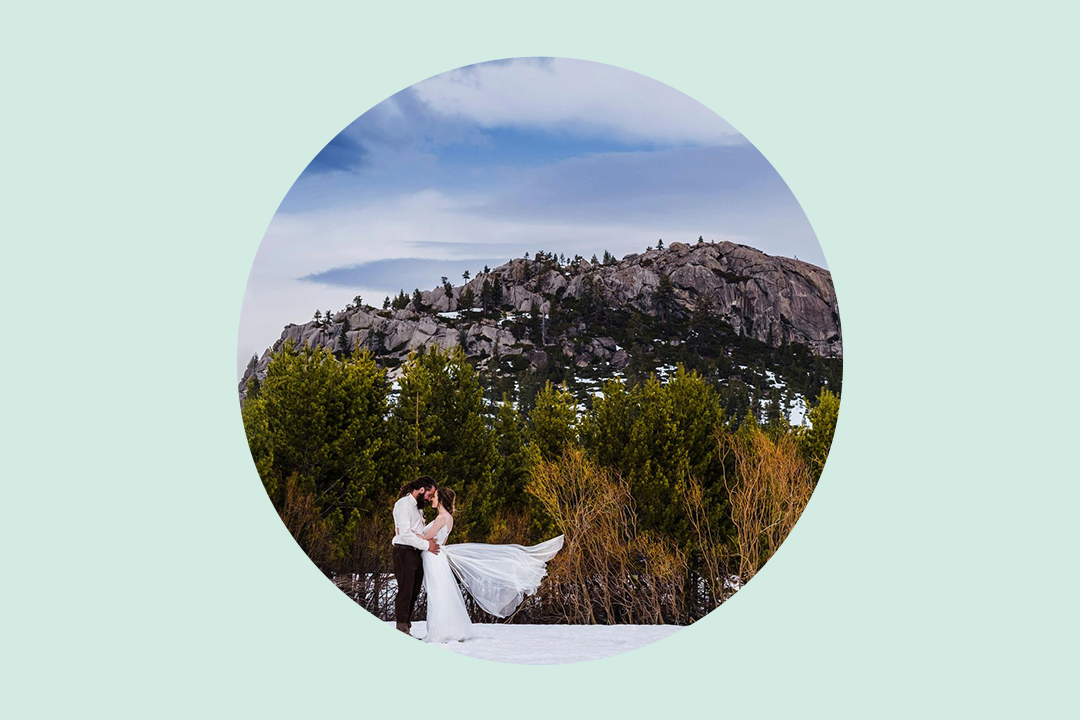
California Wedding Planning Tips
How-To
Build your dream west coast wedding with Zola’s top planning tips for a wedding in California.
- Expert advice/
- Wedding planning 101/
- Wedding planning questions/
- How to Navigate Merging Cultures at an Asian American Wedding
Find even more wedding ideas, inspo, tips, and tricks
We’ve got wedding planning advice on everything from save the dates to wedding cakes.
